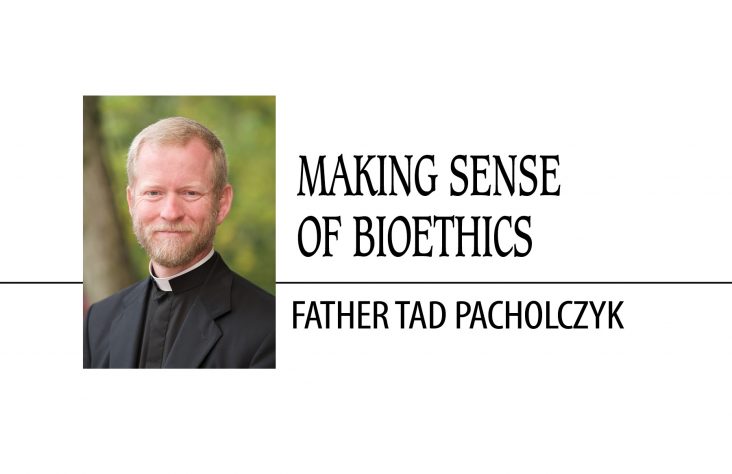May 30, 2012 // Local
Religious liberty under attack: A concrete example
All faithful are invited to attend the following:
• Bishop John M. D’Arcy, bishop emeritus, will celebrate Mass at St. Matthew Cathedral, South Bend, on Friday, June 22, at 7 p.m.
• Bishop Kevin C. Rhoades will celebrate Mass at the Cathedral of the Immaculate Conception, Fort Wayne, on Saturday, June 30, at 5 p.m.
Discrimination against Catholic humanitarian services
WASHINGTON (USCCB) — For decades, the U.S. Conference of Catholic Bishops’ Migration and Refugee Services (MRS) has carried out the commitment of the U.S. Bishops to serve and advocate for refugees, asylees and other forced migrants, immigrants and other people on the move. Special concern is given to the most vulnerable among these populations, such as the victims of human trafficking. This commitment is rooted in the Gospel mandate that every person is to be welcomed by the disciple as if he or she were Christ Himself and in the right of every human being to pursue, without constraint, the call to holiness.
MRS developed years of expertise in actively working to end human trafficking and protect those adults and children who have been exploited through trafficking. In 2006, MRS’s Anti-Trafficking Services Program (ATSP) specifically began administering a federal program to provide intensive case management to foreign national victims of human trafficking identified in the U.S. and its territories. In 2010, through its network of subcontracting agencies, ATSP helped survivors of human trafficking from 64 countries, with the largest number of survivors from India, Mexico, Thailand, the Philippines and Haiti. Survivors had been trafficked on farms, in hotels and casinos, in private homes, in spas and in other industries for the purposes of forced labor and/or sex trafficking.
However, despite many years of excellent performance by MRS in administering contract services for victims of human trafficking, in 2011, the federal government changed its contract specifications to require MRS to provide or refer for contraceptive and abortion services in violation of Catholic teaching. The federal government refused to award a grant to MRS despite MRS’s earning a higher objective score from the government’s independent grant evaluators than two others that were awarded grants. And those two scored so low that they were deemed unqualified.
Religious institutions should not be disqualified from a government contract based on religious belief, and they do not somehow lose their religious identity or liberty upon entering such contracts. And yet a federal court in Massachusetts, turning religious liberty on its head, has since declared that the First Amendment requires such a disqualification — that the government somehow violates religious liberty by allowing Catholic organizations to participate in contracts in a manner consistent with their beliefs on contraception and abortion.
Is our most cherished freedom truly under threat?
Among many current challenges, the federal government has discriminated against Catholic humanitarian services based on their religious beliefs, even when those beliefs had no impact on performance. Religious liberty is more than freedom of worship; it includes our ability to make our contribution to the common good of all Americans without having to compromise our faith. Without religious liberty properly understood, all of us suffer, especially victims of human trafficking.
What can you do
to ensure the protection of religious freedom?
The U.S. Bishops have called for a Fortnight for Freedom from June 21 to July 4.
Please visit www. fortnight4freedom.org for more information on this important time of prayer, education and action in support of religious liberty.
The best news. Delivered to your inbox.
Subscribe to our mailing list today.







